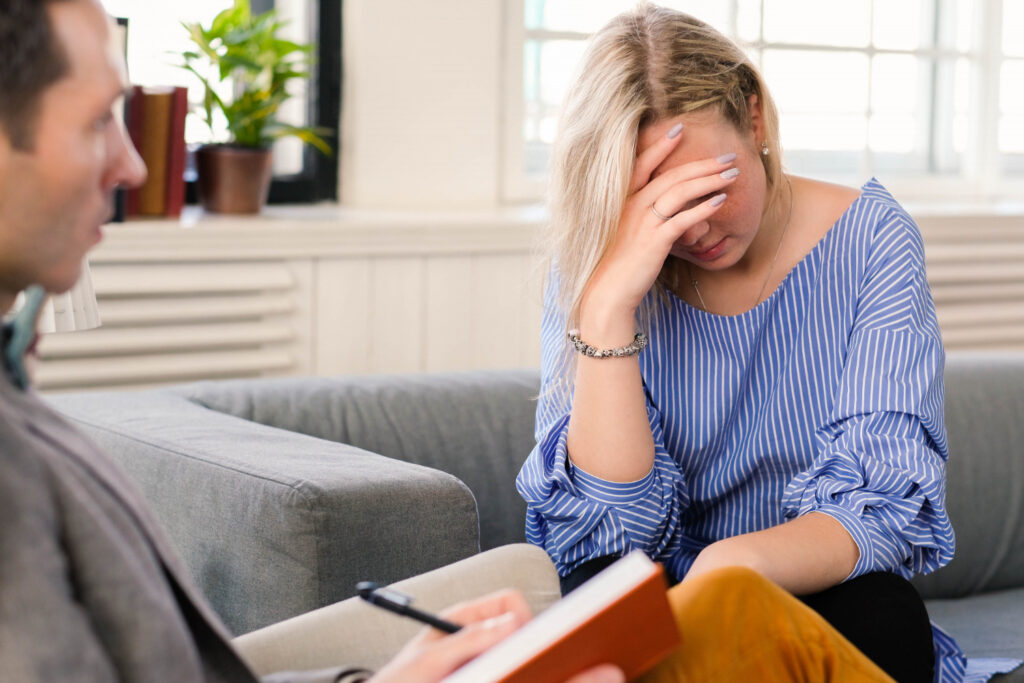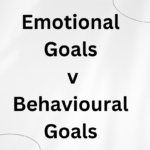It is common to experience feelings of anxiety and depression. These mental health issues can be debilitating and impact the way we live. There are many coping mechanisms and techniques that can help in dealing with anxiety and depression, and one powerful strategy is mindfulness. Mindfulness is the practice of being present and fully engaged in the moment, being available and open as life presents itself in the moment, without judgement.
By incorporating presence into our daily lives, we can learn to manage our thoughts and emotions (and the relationship with have with them), leading to a better sense of well-being. It is often not the anxiety or depression that create problems, it is the actions taken to avoid or block the associated feelings that do.
Identifying and accepting the thoughts, judgements, stories, regrets and memories (that enhance the effect of these conditions) without engaging with them can provide relief – softening the impact of depression and anxiety. Acceptance is a skill that requires practice and commitment.
Dealing with anxiety can be easier when you accept that it is a common human emotion, and it has had an important role to play in our evolution. Anxiety in isolation, helps people anticipate obstacles, become organized, act with purpose, develop an awareness of emotions, and remain cautious about the situation/event/person.
Understanding anxiety and depression can help us navigate the complexities of these conditions. Anxiety often manifests through feelings of worry and fear, accompanied by physical symptoms like increased heart rate or shortness of breath. Symptoms of depression may include persistent sadness, loss of interest in activities, sleeplessness, and a lack of energy.
Recognizing and acknowledging these symptoms is the first step towards finding effective strategies for managing anxiety and depression. In the therapy I practice, ACT, noticing these thoughts and feelings when they arise, before acting upon them is encouraged, and often the most difficult yet rewarding step to take. The focus is on the function of the thought when it arises, as opposed to the foundation of the thought.
Here are a few common questions I receive from clients and those who enquire about help for anxiety and depression, and the answers I often give in response.
How to deal with anxiety depression?
I often ask, what thought/s produce the anxiety, and what are the difficult feelings and emotions that you experience when it arises. The focus then becomes on the emotions and feelings, defusing the power of the initial negative thought or judgement. Bring the feeling to the body, where it is safe.
How to stop feeling anxious?
Feeling anxious is a common human trait. It can motivate us to perform, or to be concerned about safety or a pending threat. It is neither good nor bad. I ask, can you tell me a time when your anxiety served you well.
How to cope with anxiety?
Becoming aware and curious of your emotions and feelings when they arise is a great coping strategy. As this awareness gives you choices on how you behave – you can choose to act towards your values or act ineffectively against your values. Acting effectively provides relief and fulfillment, acting ineffectively supports the negative emotions.
How to manage anxiety?
You can manage anxiety by treating yourself with kindness. Exercise, healthy diet, committing to activities that bring you joy, learn and practice breathing and mindfulness exercises that help you be present, look at the bigger picture of life.
Common symptoms of anxiety and depression include
- Panic attacks, hot and cold flushes
- Feeling nervous and restless
- Excessive worry about things and expecting the worse-case scenario
- A sense of impending danger or panic
- Difficulty controlling thoughts and emotions
- Focusing and obsessing on negative thoughts
- Avoiding normal situations, people or activities that make you nervous and anxious
- Difficulty sleeping and concentrating
- Being easily fatigued
- Feeling overwhelmed, miserable & moody, indecisive, guilty & irritable
- Feeling sad, restless angry & frustrated
- Feeling hopeless & disappointed, lacking connection in life
- Lacking confidence and motivation
- Withdrawing from family or close friends
- Not doing activities & hobbies that you used to enjoy
- Preferring isolation instead of socialization
There are many strategies for anxiety and learning how to cope with anxiety. Here are some self-care strategies
- Regulate your breath, allow the breath to return to a slower breathing rate
- Implement mindfulness strategies, focusing on the present moment
- Be gentle and kind on yourself
- Take small steps towards things that make you anxious
- Understand your anxiety depression, learn the patterns and triggers
- Limit exposure to negative news stories and social media.
- Talk about your feelings with others, express them in writing
- Focus on your general health, exercise regularly, eat healthy food.
- Recognise this is common human behaviour and recovery is possible
- Restore a regular sleep pattern
- Recognise it is common and you are not alone
- Avoid using alcohol & drugs
- Stay active by exercising daily
- Participating in activities & hobbies you used to enjoy
- Maintain regular contact with friends or family
- Share your feelings and emotions, talk about what you are going through
- Spend time in nature, exposure yourself to natural light and fresh air.
Learning how to deal with anxiety begins with developing an awareness of your feelings and emotions. This may be as simple as noticing your mood and noticing how you are feeling, without any judgement or story telling in the mind, that often justifies the depression and anxiety. A mindful exercise that is always available, can be done anywhere and anytime, is watching your breath.
Notice its current state – is it slow or fast, is it even, where does the inbreath begin and the outbreath end, how does your body react when you breath, notice your belly and shoulders. While you are focusing on your breath, being present, the heaviness of thought and feelings soften. This strategy for anxiety does not involve avoidance or distraction, quite the opposite. It is leaning into it, welcoming it in a way, so that when it arises the impact is minimized, and you can take back control of the moment and of life.
So, when you consider how to deal with anxiety or depression. Ask yourself and identify what emotions and feelings arise when you feel anxious or depressed? Instead of clinging to the story (regret, unhelpful memory, guilt, resentment) and the content of your mind, the unwelcome thoughts. Notice the thought, identify the associated feeling, and notice how it effects your body. In this moment you have control, you have choices to either take effective action that supports your values or continue the unhelpful struggle with your thoughts.
At Mindful Health Counselling, I provide mindful strategies and techniques that take the power away from unhelpful thoughts, develop contacting the present moment skills and learn self -awareness exercises. These available life skills are essential in managing anxiety and depression.



